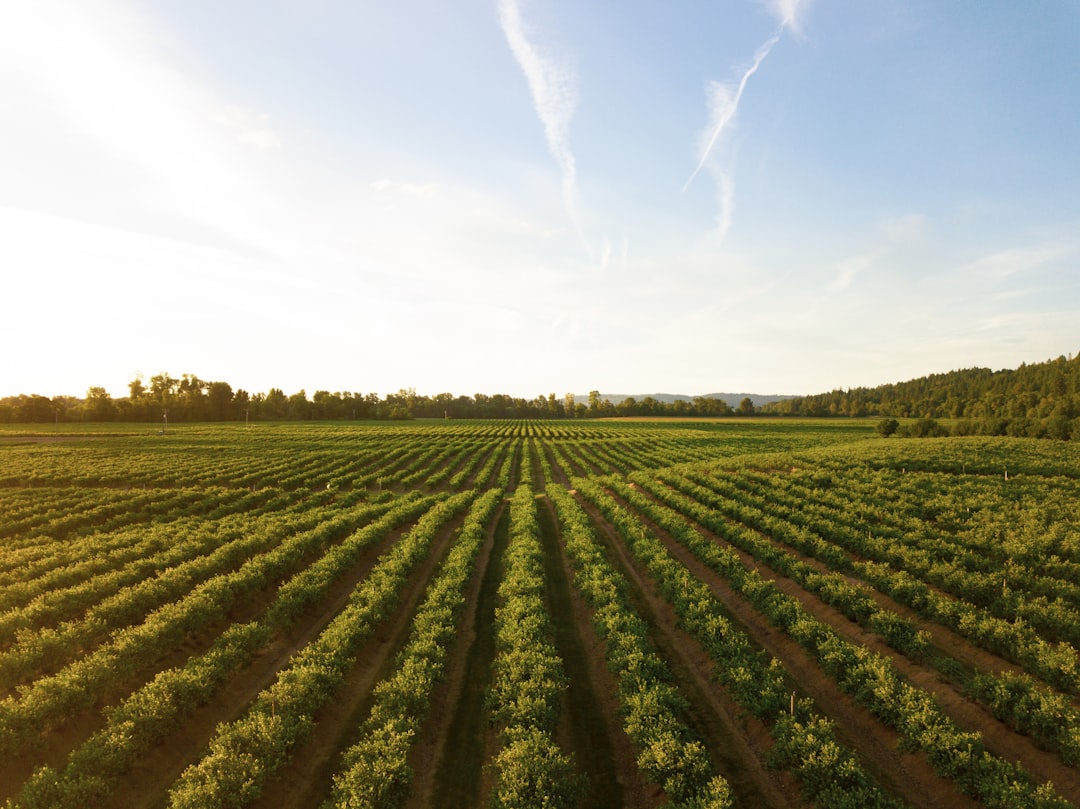So, you’ve finished your 12th grade and you’re thinking about agriculture studies? That’s awesome! Agriculture is a really important field. It’s all about how we grow our food and manage the land. There are lots of exciting things you can study and career paths you can take. Let’s explore what agriculture studies after 12th grade are all about!
Why Study Agriculture?
Agriculture is more than just farming. It involves science, technology, business, and even environmental studies. Here’s why it’s a great choice:
- It’s essential: We all need food, right? Agriculture is the foundation of our food supply.
- It’s high-tech: Modern agriculture uses drones, sensors, and computer programs.
- It’s diverse: You can study everything from plants and animals to soil and water.
- It offers great careers: There are jobs in farming, research, business, and conservation.
- It helps the environment: Sustainable agriculture helps protect our planet.
What Can You Study After 12th?
After your 12th exams (usually with science subjects like Biology, Chemistry, and sometimes Agriculture itself), you have several options for agriculture studies. Here are some popular choices:
Bachelor of Science (B.Sc.) in Agriculture
This is a very common and versatile degree. It covers a wide range of agricultural subjects, including:
- Agronomy (crop production)
- Horticulture (fruits, vegetables, and flowers)
- Animal Husbandry (raising livestock)
- Soil Science
- Agricultural Economics
- Agricultural Engineering
- Plant Pathology (plant diseases)
- Entomology (insects)
A B.Sc. in Agriculture gives you a strong foundation for many different careers.
B.Sc. in Horticulture
If you love plants, especially fruits, vegetables, and flowers, this could be the degree for you! You’ll learn about:
- Plant propagation (growing new plants)
- Orchard management
- Greenhouse management
- Landscape design
- Post-harvest handling (keeping produce fresh)
B.Sc. in Forestry
This degree focuses on the management and conservation of forests. You’ll study:
- Forest ecology
- Forest management
- Wildlife conservation
- Wood technology
B.Sc. in Fisheries
If you’re interested in fish and other aquatic life, a B.Sc. in Fisheries might be perfect. You’ll learn about:
- Fish farming (aquaculture)
- Fish biology
- Fisheries management
B.Tech. in Agricultural Engineering
This is an engineering degree that focuses on agricultural applications. You’ll learn about:
- Farm machinery
- Irrigation systems
- Soil and water conservation engineering
- Post-harvest technology
B.Sc. in Dairy Technology
If you’re fascinated by milk and dairy products, this is a great option. Dairy Technology covers:
- Dairy farming practices
- Milk processing techniques
- Quality control and safety of dairy products
Where Can You Study?
Many universities and agricultural colleges offer these programs. Do some research online to find colleges near you or that have a good reputation in the specific area of agriculture you’re interested in.
What Can You Do After Graduation?
An agriculture degree can open doors to many different careers. Here are a few examples:
- Agricultural Scientist: Conducts research to improve crop yields and animal production.
- Farm Manager: Oversees the day-to-day operations of a farm.
- Horticulturist: Works with fruits, vegetables, flowers, and ornamental plants.
- Agricultural Engineer: Designs and develops agricultural equipment and systems.
- Soil Scientist: Studies soil properties and their impact on plant growth.
- Agricultural Economist: Analyzes agricultural markets and policies.
- Extension Officer: Provides advice and training to farmers.
- Food Processing Technologist: Works in the food industry to ensure the safety and quality of food products.
- Forest Ranger: Protects and manages forests.
- Fisheries Officer: Manages fish populations and promotes sustainable fishing practices.
- Entrepreneur: Starts their own agriculture-related business.
Skills You’ll Develop
Studying agriculture helps you build a lot of valuable skills:
- Problem-solving: Figuring out how to grow crops in different conditions or manage pests and diseases.
- Critical thinking: Analyzing data and making informed decisions.
- Communication: Explaining complex information to others.
- Teamwork: Working with other people to achieve common goals.
- Technical skills: Using computers, machinery, and other tools.
Is Agriculture Right for You?
If you’re interested in science, nature, and technology, and you want to make a difference in the world, agriculture could be a great fit for you. It’s a challenging but rewarding field that offers many opportunities for personal and professional growth.
Frequently Asked Questions
What subjects should I focus on in 11th and 12th if I want to study agriculture?
Definitely focus on science subjects like Biology, Chemistry, and Physics. If your school offers agriculture as a subject, that’s even better!
Is a B.Sc. in Agriculture a good degree?
Yes! It’s a very versatile degree that can lead to many different careers in agriculture and related fields.
What is the salary like in agriculture?
Salaries vary depending on the specific job and your level of experience. However, there’s good earning potential, especially with advanced degrees or specialized skills.
Can I study agriculture if I don’t have a farming background?
Absolutely! You don’t need to have grown up on a farm to study agriculture. Your interest and passion are what matter most.
Agriculture studies after 12th offer a wide range of exciting opportunities. It’s a field that’s constantly evolving, with new technologies and challenges emerging all the time. If you’re looking for a career that’s both important and rewarding, consider exploring the world of agriculture!

